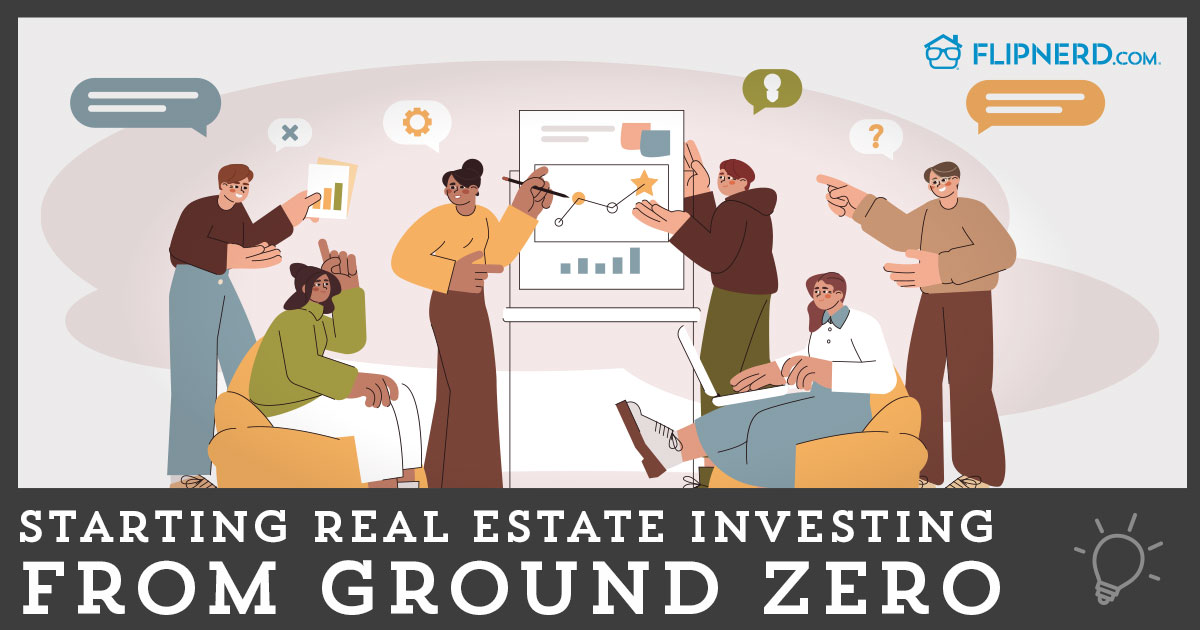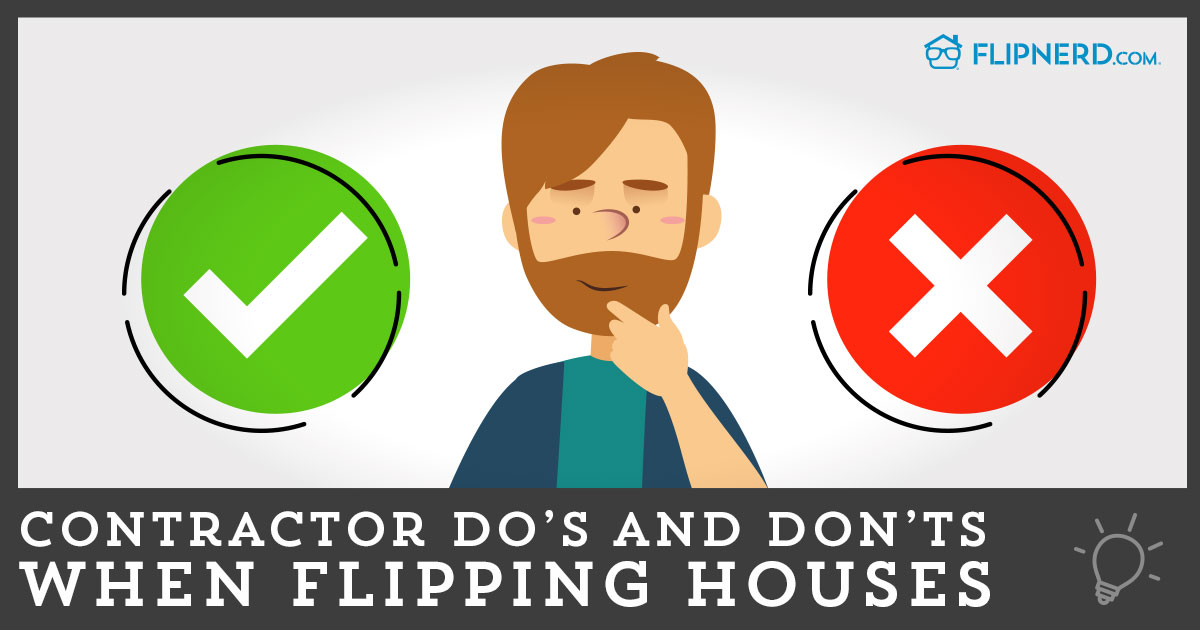I hate to be the bearer of bad news, but there isn’t a simple answer to this common question. But knowing the pros and cons of investing in your own backyard will make it much easier to make the decision of which is better for you, personally.
 Investing in your own market is a choice a lot of investors make because they’ve lived in the area for a long time, and they know the different neighborhoods well enough. They understand which areas are more desirable to renters and homebuyers and can personalize their investing strategies based on firsthand knowledge from living there.
Investing in your own market is a choice a lot of investors make because they’ve lived in the area for a long time, and they know the different neighborhoods well enough. They understand which areas are more desirable to renters and homebuyers and can personalize their investing strategies based on firsthand knowledge from living there.
Here are a few pros of investing close to where you live:
• You understand what areas have good rental properties.
• You have an idea of the going rates for homes in the area.
• You can honestly tell a motivated seller that you live in the area and want to make the community a better place.
• You can connect with the locals more easily.
• You are more likely to have personal connections that can provide you with vendor recommendations.
• You can drive by the property and meet with the seller, if needed.
• You understand the quality of rehab needed and what’s expected inside the homes.
All of the above sound great. But what happens when you live in a market where home prices are higher than average, such as California or New York? It does become harder to invest in markets where the entry to owning a home is quite a bit higher than the average in other markets.
Here are a few cons of investing close to where you live when the average home price there is much higher:
• You may have issues securing financing, especially when first starting out.
• You’re likely doing less volume with more profits. This roller coaster of income can be hard to manage.
• You may spend thousands of dollars on virtual marketing without getting a deal.
• It’s harder for you to scale.
• Rentals aren’t always as profitable.
High home prices are a very common reason real estate investors decide on a virtual market to invest in instead. This typically works best when you select one market to start with; it’s important to become an expert in that area and also have some sort of “boots on the ground.” This way, you have someone on your team who can visit a property if needed, and, ideally, they have vendor connections such as an investor-friendly title company, general contractors, a real estate attorney, etc.
 Once you decide to invest in another market, it’s important to conduct due diligence so that you don’t run into avoidable problems down the road. If you know a local investor in that market, talk to them, and see if homebuying is any different compared to where you live. Different states have different housing laws and regulations, too, and it’s important you know what you’re getting into.
Once you decide to invest in another market, it’s important to conduct due diligence so that you don’t run into avoidable problems down the road. If you know a local investor in that market, talk to them, and see if homebuying is any different compared to where you live. Different states have different housing laws and regulations, too, and it’s important you know what you’re getting into.
With virtual real estate investing, you have the power to decide which market makes sense to jump into. If executed correctly, you can scale your business without being the one on the ground, checking the properties out yourself. It takes a system and a good team you can trust if you aren’t going to have your own eyes on the premises, but there’s also a beauty in doing deals without ever stepping foot onto the property.
There isn’t a simple answer as to which is better. As an investor, you have to decide what’s best for your business and then build out the machine so the day-to-day can largely run without you.
As published on Forbes.com










